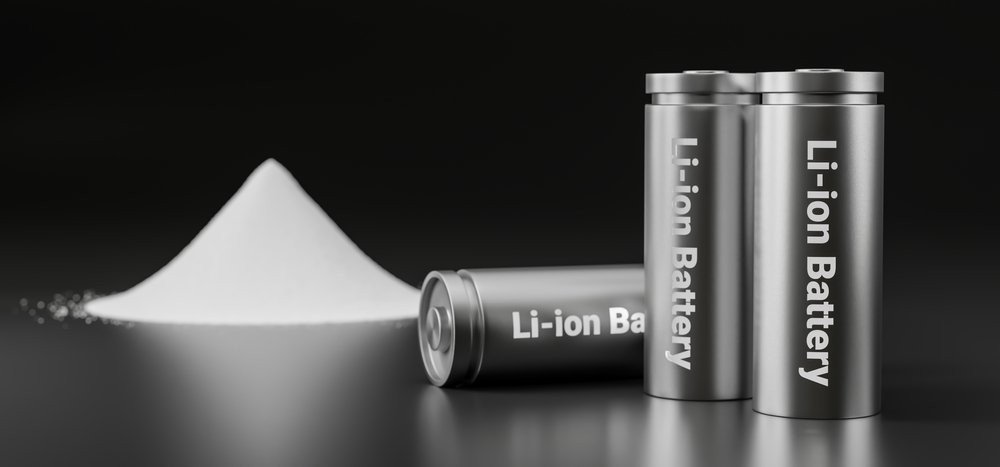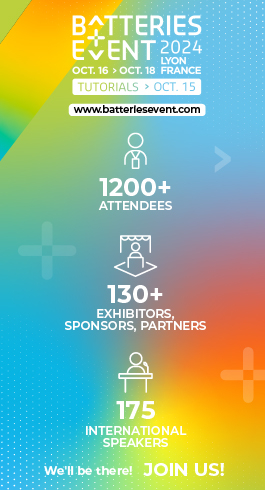European Council gives nod to law regulating batteries and waste batteries
The European Council earlier this week adopted a new regulation aimed at promoting circular economy and strengthening sustainability rules for batteries and waste batteries.
The new regulations passed by the European Parliament and the council regulate batteries through their entire lifecycle and will be applicable on all types of batteries -- including all waste portable batteries, electric vehicle batteries, industrial batteries, starting, lightning and ignition (SLI) batteries (used mostly for vehicles and machinery) and batteries for light means of transport (e.g. electric bikes, e-mopeds, e-scooters).
"Batteries are key to the decarbonization process and the EU's shift towards zero-emission modes of transport. At the same time end-of-life batteries contain many valuable resources and we must be able to reuse those critical raw materials instead of relying on third countries for supplies. The new rules will promote the competitiveness of European industry and ensure new batteries are sustainable and contribute to the green transition," said Teresa Ribera, Spanish Minister for the Ecological Transition.
The new battery regulations have come with massive developments of electric mobility in the region as a result of which the demand for battery is expected to grow 10-fold by end of the decade.
The regulation specifies end-of-life battery requirements, including collection targets and obligations, targets for the recovery of materials, and extended producer responsibility. Following are some of the regulatory targets that will come into effect:
- The regulation has set targets for producers to collect waste portable batteries at 63% by the end of 2027 and 73% by the end of 2030.
- It has introduced a dedicated collection objective for waste batteries for light means of transport which is 51% by the end of 2028 and 61% by the end of 2031.
- The target for lithium recovery from waste batteries has been set to 50% by the end of 2027 and 80% by the end of 2031. This can be amended depending on market and technological developments and the availability of lithium.
- The regulation provides for mandatory minimum levels of recycled content for industrial, SLI batteries and EV batteries. These are initially set at 16% for cobalt, 85% for lead, 6% for lithium and 6% for nickel. Batteries will have to hold recycled content documentation.
- The recycling efficiency target for nickel-cadmium batteries is set at 80% by the end of 2025 and 50% by the end 2025 for other waste batteries.
- The regulation provides that by 2027 portable batteries incorporated into appliances should be removable and replaceable by the end-user, leaving sufficient time for operators to adapt the design of their products to this requirement. This is an important provision for consumers. Light means of transport batteries will need to be replaceable by an independent professional.
The new regulations aim to reduce the social and environmental impact of batteries through its entire lifecycle, to that end, the regulations has set tight due diligence rules for operators who must verify the source of raw materials used for batteries placed on the market. The regulation provides for an exemption for SMEs from the due diligence rules.
The European Commission presented a proposal for a regulation on batteries in December 2020. The Council adopted a general approach on March 17, 2022. Following interinstitutional negotiations, a provisional agreement was reached between the Council presidency and European Parliament negotiators. The outcome of the agreement was adopted in plenary by the European Parliament on 14 June 2023.

























